
How star bathing can benefit mental health and sleep, improve mood, and teach about the cosmos
- Star bathing is the act of stargazing while tuning out the noise of everyday life. Research links the meditative practice to better sleep and mental health
- Enthusiasts describe the benefits, from relieving stress to learning about the constellations and how to find focus
“A deeply immersive experience” was the way Moksha Sachdev, a chartered accountant based in Delhi, India, described his first evening of star bathing.
“I felt at one with nature as I tuned into the sound of silence and soaked in the canopy of twinkling stars above me. All my tensions melted away as I reflected on the vastness of the universe and how I could become a better person by focusing on the bigger picture.”
Sachdev had signed up for a meditative camp in Mukteshwar, in India’s northern state of Uttarakhand, in December with Starscapes, an Indian company that organises such experiences for nature lovers.
Founded by photographer and astronomer Ramashish Ray in 2015, it has organised more than 100 camps at six observatories across the country.
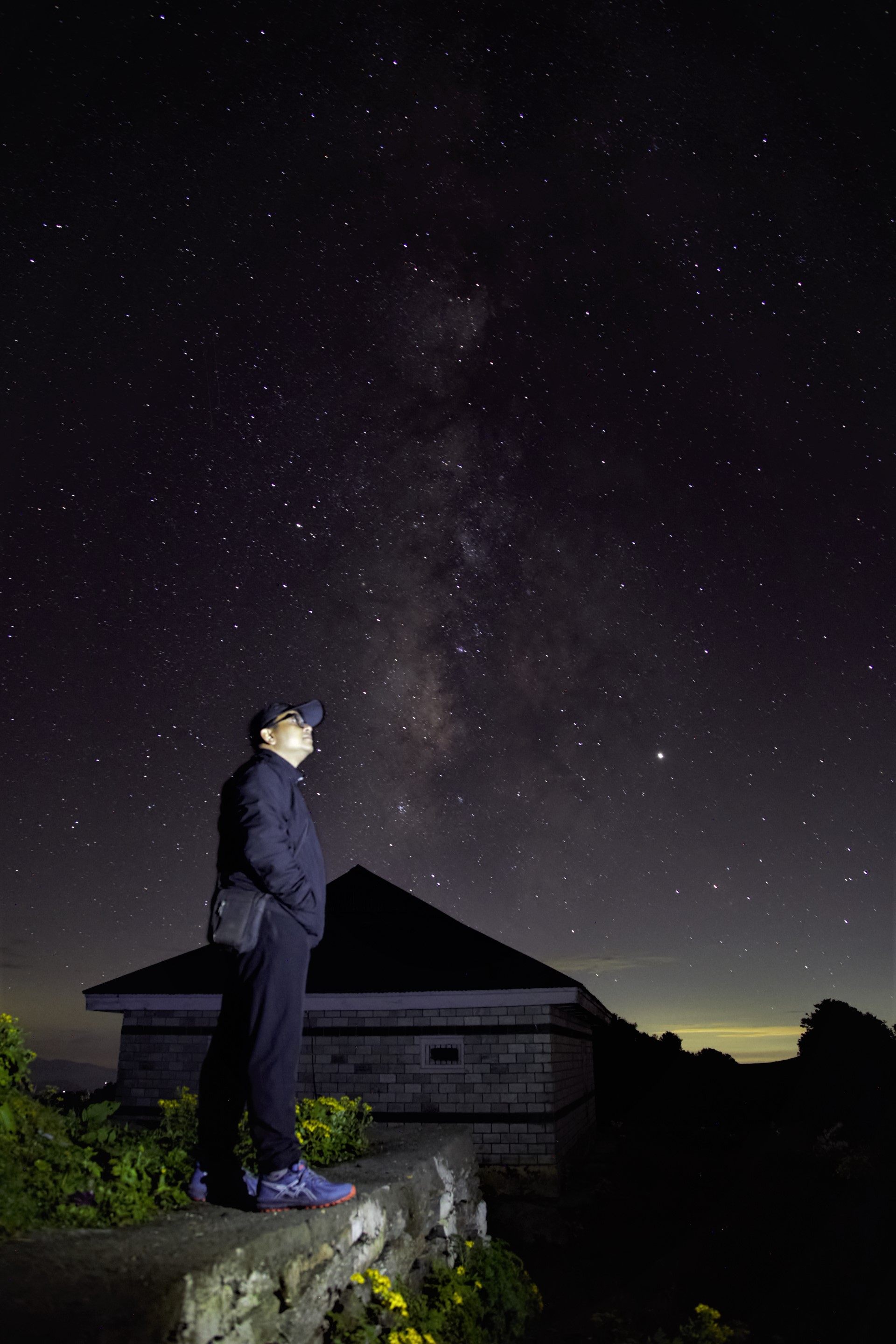
Such has been the demand for its star-bathing experiences that Ray gave up a lucrative corporate career to run the company full time.
Starting with one observatory in the village of Kausani, in the Himalayas in the northern state of Uttarakhand, he now manages six of them across several Indian states.
In pictures: Hong Kong photographers show how to shoot night skies over city
Ray’s new job melds his passion for photography and astronomy with curating nocturnal experiences for nature lovers.
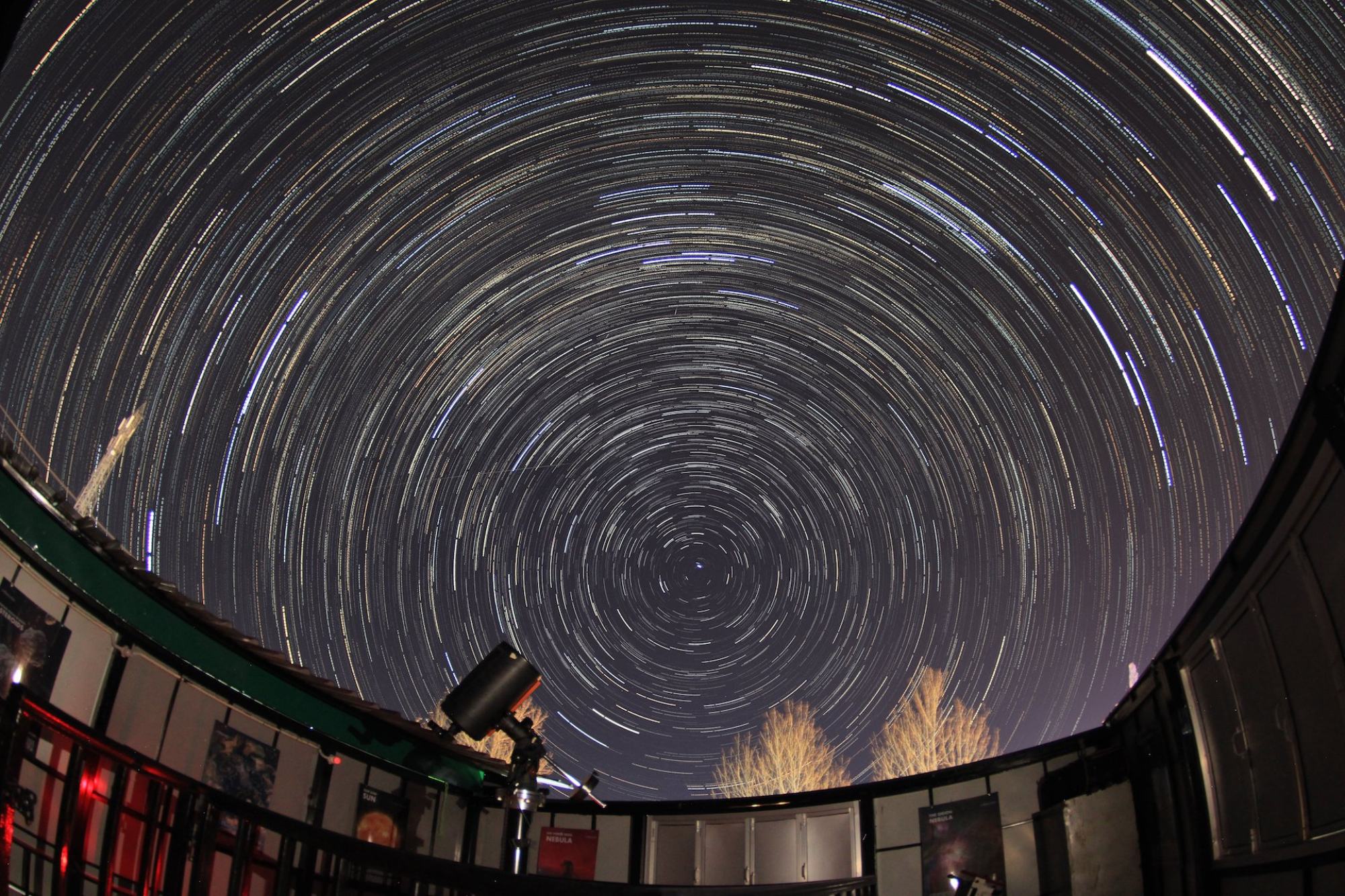
Call it a star party of a different kind, redefining conversation with nature, or a meditative and introspective experience, the trend has many star-struck fans.
A deeply engaging experience of the night sky is therapeutic, enthusiasts say. Star bathing offers an opportunity to free your mind in the clear air and remote locations with minimal distractions. Also known as mindful stargazing, it involves appreciating and tuning into your surroundings while pondering life.
Studies have shown that spending time in nature can relieve stress and boost one’s mood. Taking in the night sky can enhance mindfulness to bring about feelings of calm and connection, leading to improved sleep and better creativity and awareness.
For a few hours, you just forget about the things that drive you insane in this material world
A team from the International Astronomical Union’s Office of Astronomy for Development (IAUOAD) in Cape Town, South Africa, has been studying the link between astronomy and mental health.
The Office of Astronomy for Development of the South African National Research Foundation, which works with the IAUOAD, has introduced a programme that uses nightscapes to aid mental health patients.
Nature therapy explained: how it eases stressed minds, bodies
Starscapes’ most popular annual event, say organisers, is its Geminid meteor shower camp held in Kausani in mid-December.
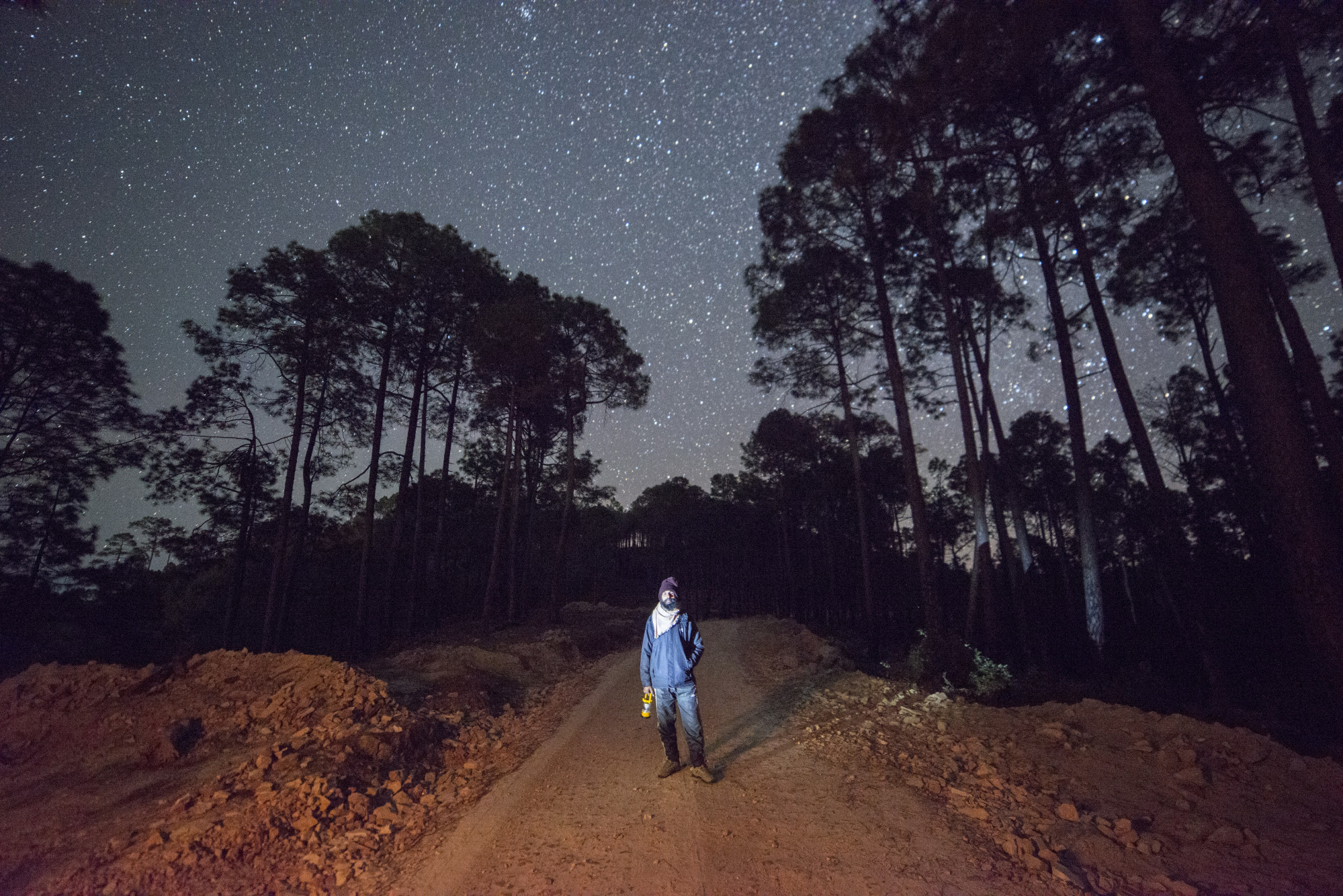
Dr Artur Sisodiya, 26, a doctor based in Noida, in the Indian state of Uttar Pradesh, has taken part in several star shower experiences across India. He says they offer him an opportunity “to open myself and my senses to the world directly around us, look within and connect to the stars”.
He described the interaction and bonding with fellow travellers away from office stress and technology as “priceless”, and the antithesis of the chaotic life he experiences as a doctor.
“I found immense peace in my communion with the star-spangled sky. The experience also enriched my knowledge about the types of stars and constellations. I’m planning to sign up for another star-bathing session soon,” he says.
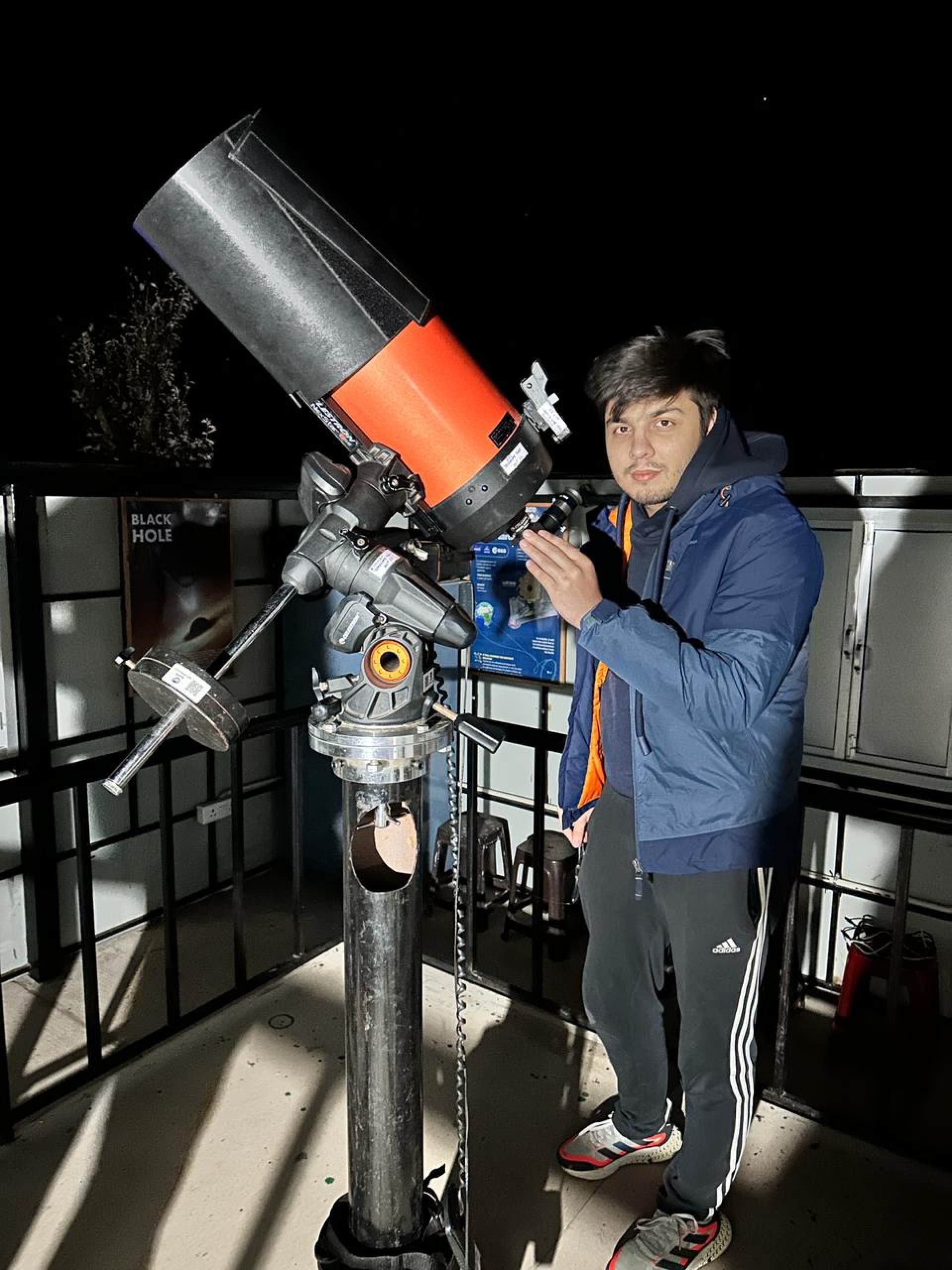
Ray adds the experience often transcends mere star bathing for the participants. They better appreciate the cosmos, observe the night sky, track sunspots and – of course – relax, reflect on life and bond with like-minded nature enthusiasts.
“That’s why star bathing is purposely done in community, honouring and allowing space for each of us to share our experience and stories while in darkness,” he says.
Occasionally, the events are livened up with “astro parties” with a crackling bonfire, food and music while the view through the telescope is live-streamed on a screen.
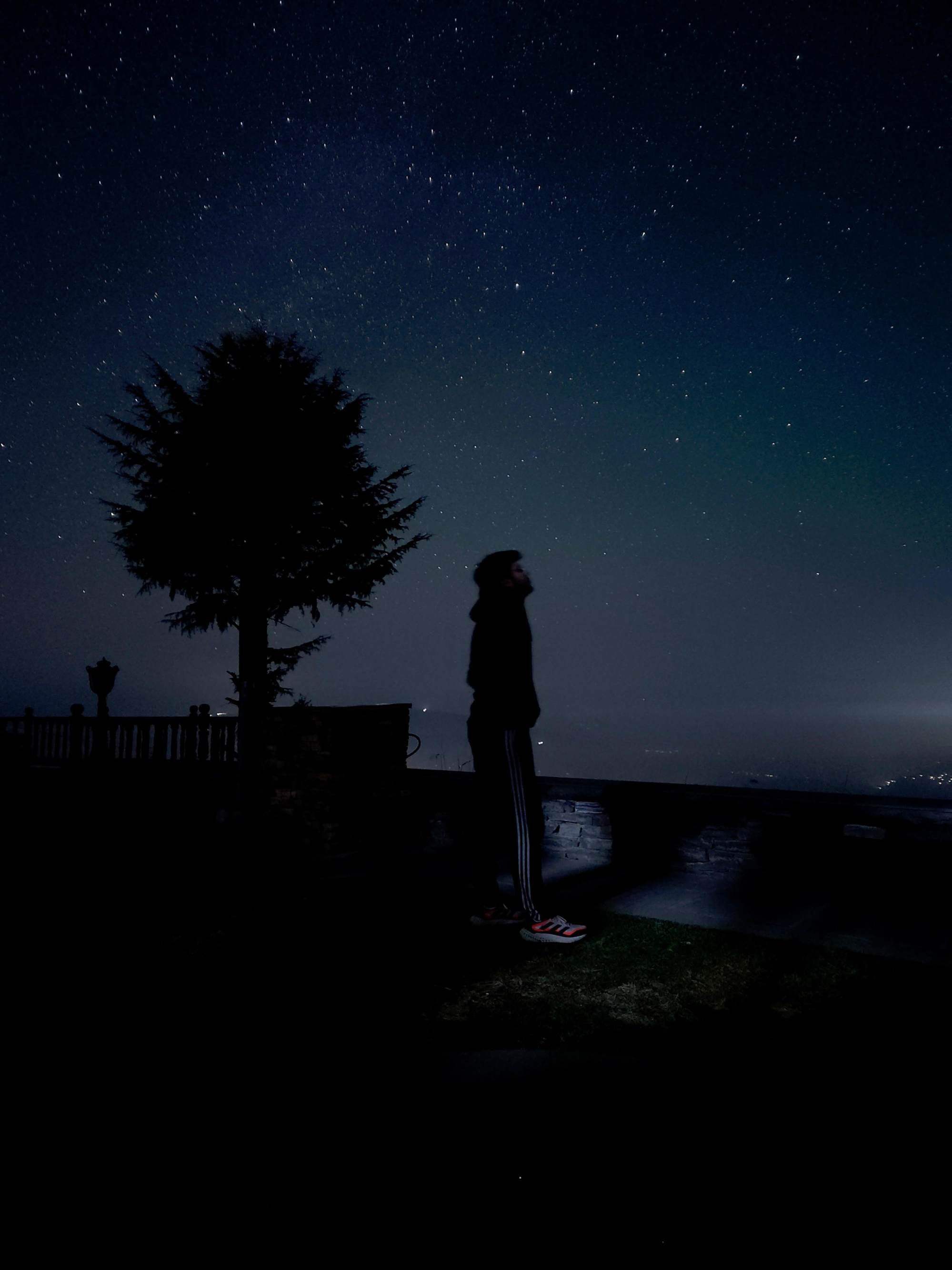
For Mitul Sengupta, 52, a marketing executive and stargazing enthusiast based in Dubai, in the United Arab Emirates, the experience turned out to be deeply transformative.
“For a few hours, you just forget about the things that drive you insane in this material world. The sky is so far and beyond and yet it is so close by. It is also very calming because I feel you are transforming yourself perhaps forever and for the better.”
Sengupta took time off from work to do star bathing in Kausani.

“The place was in the middle of a forest where the sky was lit up with a million stars. In the polluted city, you rarely get to see a clear sky, forget about stars. The elemental encounter took me back to my childhood days, reminding of the famous nursery rhyme ‘Twinkle, Twinkle, Little Star’,” he adds.
This is not about doing anything, but experiencing. Take it all in without too much thought, says Madhura Pandey, 38, a housewife and star-bathing enthusiast based in Mumbai, India, who has attended many such camps.
Want to lower stress and chronic illness risk? Try Hong Kong forest bathing
“If you’re not able to go outside, just go to the window. But be patient while your eyes fully adjust to the darkness and the experience gets more immersive after eight to 10 minutes. Soak it all in until a feeling of calmness washes over you,” she says.

